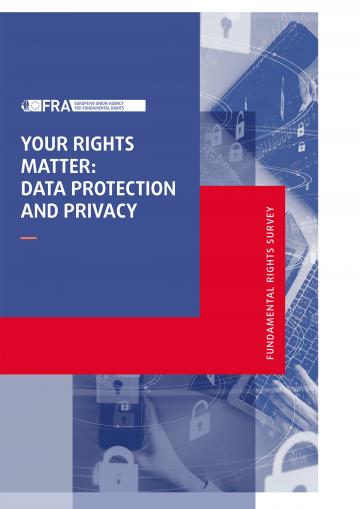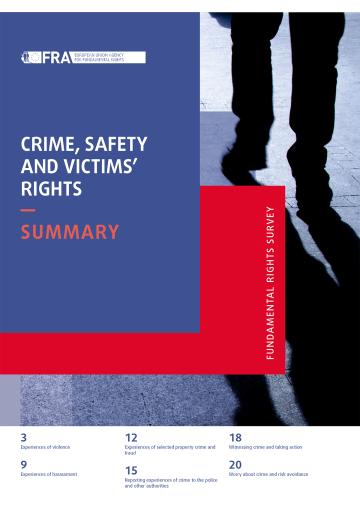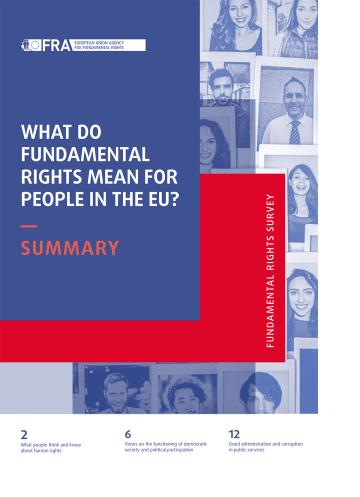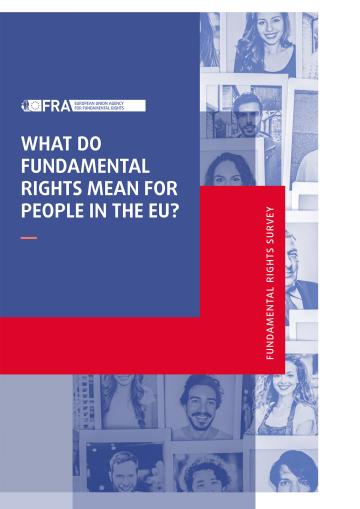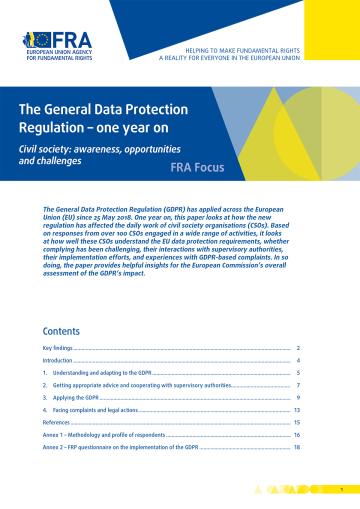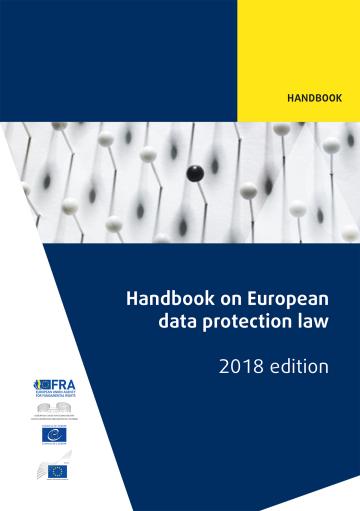What does the GDPR say?
Transparency – awareness of what is being done with personal data enables individuals to exercise their rights. Information about the intended processing should therefore be provided in a “concise, transparent, intelligible and easily accessible form” (Article 12 of the GDPR).
Right to be informed – not only the purposes and the legal basis for the processing should be communicated to individuals, but also a large range of information allowing them to fully understand the processing at stake and implement their rights. This includes being told about: the identity and contacts of the entity collecting their data; how long their data will be kept; the recipients or categories of recipients of the personal data; and whether the personal data will be transferred to a non-EU country or international organisation (Articles 13 and 14 of the GDPR).
Consent - Consent must be freely given, specific, informed and provide an unambiguous indication of an individual’s wishes signifying agreement to the processing of their personal data. Individuals have the right to change their mind and withdraw their consent, at any time. The GDPR clarifies that the request for consent shall be presented in “an intelligible and easily accessible form, using clear and plain language” (Article 7 of the GDPR).
Data Protection by design and by default: technical and organisational measures should be implemented to ensure data protection by design and by default. Notably, by default settings should ensure that personal data are not made accessible without the individual’s intervention to an indefinite number of persons (Article 25 of the GDPR).
Awareness of privacy and location settings on smart phones
Question: [Only those respondents who have a smart phone that allows them to access the internet or social media]: Do you know how to check the privacy settings when using different apps on your smartphone? (1) Yes, on all apps, (2) Yes, on some apps, (3) No, (4) I don’t know what privacy settings are.
Question: [Only those respondents who have a smart phone that allows them to access the internet or social media]: Do you know how to turn off the location settings on your smartphone? (1) Yes, (2) No, (3) I don’t know what location settings are.
Results:The majority of people in the EU-27 (72 %) know about the privacy settings on their smartphones. However, less than half of the respondents (41 %) know the privacy settings on all their apps and 31 % only for some apps. Slightly more people know where to turn off the location settings (77 %).
There is a gender gap in the knowledge about the use of privacy and location settings. 21 % of men do not know how to check privacy settings, compared to 27 % of women. 23 % of women do not know how to turn off location settings, compared to 16 % of men.
